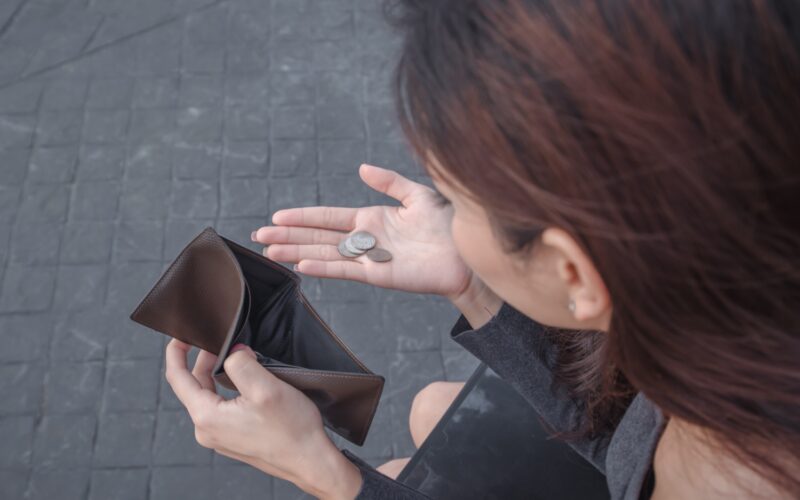The Korea Deposit Insurance Corporation (KDIC) has recently started to seize cryptocurrency assets in insolvency cases, marking the first time this has been done. The KDIC, operating under the Financial Services Commission (FSC), typically intervenes in both public and private insolvency cases, offering deposit insurance programs and assisting bankrupt individuals and firms in repaying depositors.
MP Kim Han-gyu, a member of the National Assembly’s Political Affairs Committee, requested data from the KDIC regarding their involvement in crypto holdings. The data revealed that 29 insolvency cases in the first half of 2023 had crypto holdings, with the debt collection agency completing seizure measures in 16 of these cases, confiscating over $7,400 worth of coins.
The KDIC’s ability to request data from domestic crypto exchanges was made possible by recent regulatory changes. Previously, the KDIC could only request data from traditional financial companies. This became an issue as firms and individuals involved in insolvency cases could hide funds by converting them into cryptocurrency and storing them in crypto exchange wallets.
However, since September 2021, exchanges operating in the fiat won market have been required to link customer wallets to real-name and social security number-verified domestic bank accounts. This regulation has effectively eliminated anonymous crypto trading on domestic platforms and allowed agencies like the KDIC to gain more control. In insolvency cases, the KDIC can now request account details from crypto exchange partner banks.
Furthermore, there is a bill proposed in the National Assembly that would grant investigators the right to demand customer data from crypto exchanges. Lawmakers believe that as methods of hiding assets become more sophisticated, the power of monitoring agencies needs to be expanded accordingly. As KDIC officers become more experienced in crypto collection, the quantity of crypto assets seized in insolvency cases is expected to increase in the future.
Critics argue that South Korea’s crypto policies are becoming increasingly restrictive compared to Japan, its biggest economic rival, which is seeking to deregulate.
“As methods of hiding assets become more sophisticated, the power of monitoring agencies needs to be expanded accordingly.”
– Unnamed lawmaker
















